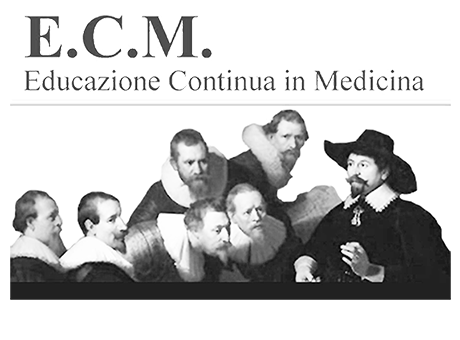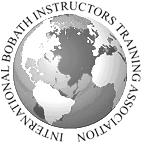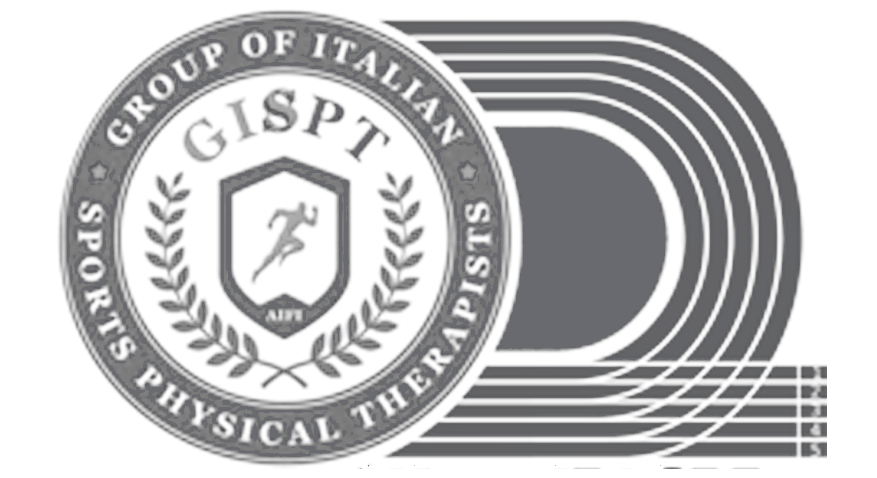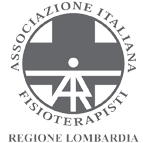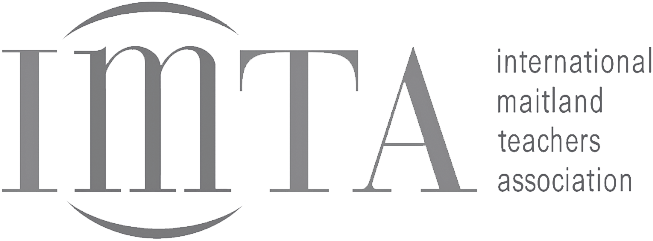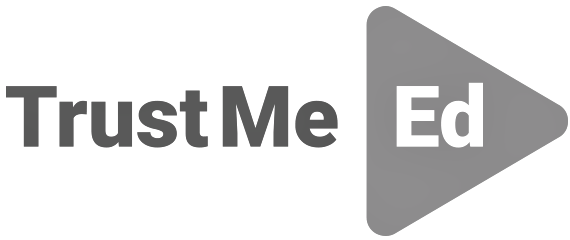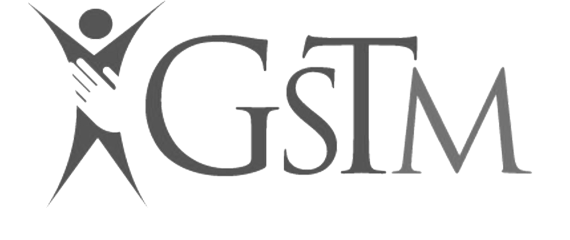May 24, 2025
EM379: FIRENZE - Exercise Is Medicine In MSK Rehabilitation: The Role Of Exercise In Chronic Diseases
-
BSc, MSc, PhD candidate
In recent years, exercise has emerged as a true medicine, demonstrating significant effects in the prevention and treatment of a wide range of disease conditions. Research has shown that physical activity can help improve overall health, enhance quality of life, and reduce the risk of chronic diseases, such as diabetes, cardiovascular and cardiorespiratory diseases, obesity, and some cancers.
Despite growing evidence of its benefits, exercise often remains undervalued in clinical practices. The increasing incidence of musculoskeletal disorders is often accompanied by comorbidities, such as diabetes, obesity, and cardiovascular disease. It is well documented that the presence of these conditions can adversely affect the perception of pain and its evolution. Exercise, recognized in international guidelines, is emerging as a crucial strategy not only to prevent but also to effectively manage these conditions. Current research has shown that exercise can significantly improve the quality of life of patients with musculoskeletal disorders who suffer from chronic diseases, including diabetes, cardiovascular disease, and cancer. In addition, exercise as medicine also helps to reduce secondary complications given by side effects of some medications (e.g., fatigue, neuropathic pain, anxiety), disease progression (e.g., deconditioning), and physical changes (e.g., osteoporosis and sarcopenia). Through an evidence-based approach, the course aims to fill existing gaps in clinical practice and provide concrete tools to improve patient management from an active perspective.
The program is spread over two days, combining theoretical and practical sessions to explore how exercise can act as an ally in the fight against numerous diseases. During the course, we will explore scientific evidence regarding:
The benefits of exercise in chronic diseases and its role in musculoskeletal disorders
The importance of muscle strengthening, explosive strength and physical conditioning, for patients suffering from various pathological conditions (e.g., cardiovascular, diabetes, cancer)
The application of exercise as a therapeutic intervention not only to address chronic diseases, but also to manage the pain of the patient with musculoskeletal disorders
By the end of the course, participants will be able to:
Recognize the crucial role of exercise as medicine
Understand the proper posology of exercise as medicine, in terms of exercise selection, volume, intensity, and progression
Adapt exercise programs to patients' individual needs, thereby improving their quality of life
By participating in this course, you will discover how exercise can becoThe program is spread over two days, combining theoretical and practical sessions to explore how exercise can act as an ally in the fight against numerous diseases. During the course, we will explore scientific evidence regarding:
The benefits of exercise in chronic diseases and its role in musculoskeletal disorders
The importance of muscle strengthening, explosive strength and physical conditioning, for patients suffering from various pathological conditions (e.g., cardiovascular, diabetes, cancer)
The application of exercise as a therapeutic intervention not only to address chronic diseases, but also to manage the pain of the patient with musculoskeletal disorders
By the end of the course, participants will be able to:
Recognize the crucial role of exercise as medicine
Understand the proper posology of exercise as medicine, in terms of exercise selection, volume, intensity, and progression
Adapt exercise programs to patients' individual needs, thereby improving their quality of life
By participating in this course, you will discover how exercise can become a key element in the therapy of patients who routinely attend our clinics, revolutionizing your way of working!
Translated with DeepL.com (free version)me a key element in the therapy of patients who routinely attend our clinics, revolutionizing your way of working!
In collaboration with:
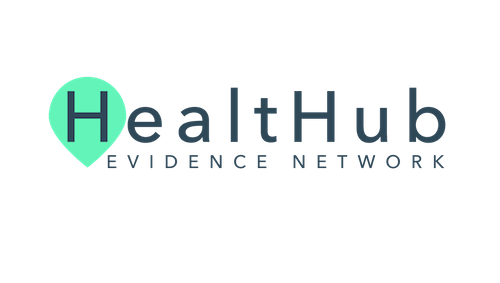
Intended for
Payments
- Deposit €210.00 within 7 days from the registration
- Balance €210.00 by date May 16, 2025
Calendar
language
Il corso è organizzato a FIRENZE in collaborazione con HealtHub www.healthub.it presso:
FisioLab 2.0 Poliambulatorio
Via Imprunetana per Tavarnuzze, 231, 50023 Tavarnuzze (FI)
ATTENTION.
EARLY BOOKING ENROLLMENTS BY 24/03/2025: 390€ instead of 420€ (save 30€).
For Early Booking payments, installments will be divided as follows:
Down payment: €195.00
Balance: €195.00.
SCHEDULE
DAY 1
- 9 a.m.-10 p.m. | Lecture 1
Exercise is Medicine: the Power of Exercise.
The benefits of exercise for people with various diseases (i.e., diabetes, cardiovascular and respiratory diseases, cancer).
- 10 a.m.-11 a.m. | Lecture 2
The Role Of Exercise In Patients With Musculoskeletal Disorders.
In-depth analysis of the mechanisms of musculoskeletal pain and the use of exercise for its management.
- 11 a.m.-12 p.m. | Lecture 3
The Muscular System as an Endocrine Organ.
The biological mechanisms that explain the benefits of exercise, with a focus on the musculoskeletal system as an endocrine organ.
- 12 noon-1 p.m. | Lunch Break
- 13.00-14.00 | Lecture 4
The Basics Of Strength And Conditioning In Rehabilitation.
The scientific basis for developing a strength and conditioning program in patients with chronic diseases (i.e., diabetes, cardiovascular and respiratory diseases, cancer).
- 2-4 p.m. | Practice 1
Resistance Training in Rehabilitation.
Practical applications of resistance training for both healthy individuals and those with medical conditions.
- 4-6 p.m. | Practice 2
Power and Impact Training in Rehabilitation.
Practical strategies for improving explosive strength in individuals with disease.
DAY 2
- 9 a.m.-10 p.m. | Lecture 1
Exercise Posology In Chronic Diseases.
The importance of exercise posology in patients with chronic diseases and secondary comorbidities (e.g., sarcopenia and osteoporosis).
- 10 a.m.-12 p.m. | Practice 1
Aerobic Training: Continuous and Interval Training.
Strategies for using different aerobic training modalities in healthy individuals and those with disease
- 12 noon-1 p.m. | Lunch Break
- 1 p.m. - 2 p.m. | Lecture 2
Programming, Periodization And Progression Of Exercise As Medicine.
Ways of properly setting exercise load programming in order to optimize benefits.
- 2-4 p.m. | Practice 3
Advanced Exercise Techniques.
Advanced strategies to increase the benefits of exercise in people with specific health conditions.
- 4-6 p.m. | Practice 4
Clinical Insights: Case Studies in Exercise and Rehabilitation.
Concrete examples of rehabilitation, with focus on real clinical cases.
